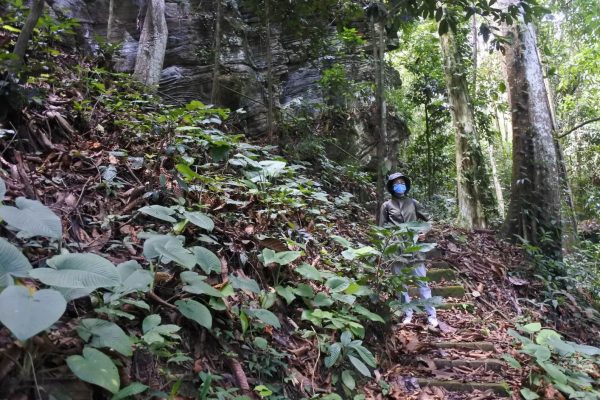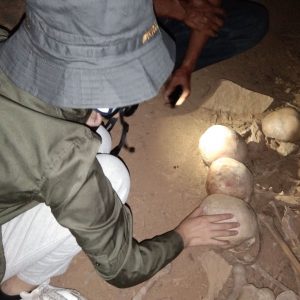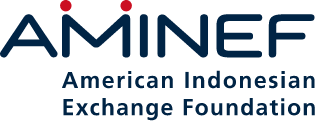Ni Gusti Ayu Putu Intan Kumbayoni was awarded the 2019 Global Undergraduate Exchange Program.
The article originally appeared on worldlearning.org on September 15, 2020.
 Intan outside the Latea Cave
Intan outside the Latea Cave
Hello, Global Gazette readers! My name is Ni Gusti Ayu Putu Intan Kumbayoni, or Intan for short, and I am from Indonesia. I was an exchange student at Troy University from 2019-2020. My major is anthropology with an interest in biology and forensic science, which is part of what led me to Troy University. My interest in biology and forensic science developed during the six months I spent volunteering with disaster relief. A severe earthquake and tsunami hit my country in September of 2018; to help the victims, I volunteered with several NGOs (Non-Governmental Organizations) such as Sulteng Bergerak, Green Peace, and ACT for Humanity. Many people lost their lives in the accident, including my aunty. Many corpses were found without identification cards, and there were no local experts able to identify them. In addition, many were traumatized by losing their houses, property, and family. I volunteered specifically with issues related to public mental health, all the while thinking about the people that were never found. This time solidified my desire to study hard about humans in biological and forensic anthropology.
As an anthropological branch, of course, biological and forensic anthropology is a little different from the pure science of biology. This field focuses on the place of a human in nature and includes study about the anatomy, ancestry, development, and related characteristics of the human species. Forensic anthropology is the application of biological anthropology to identify skeletal remains of humans—it is famously used for solving criminal cases. If I become an expert in this field, I can successfully help people find their family members, even if only skeletal remains are left. During that process, I hope I could help them with their trauma.
 Intan examining archaeological artifacts
Intan examining archaeological artifacts
Recently, I completed a thesis project to finish my degree. I chose to research a burial site in the Latea Cave in Tentena sub-district, Poso regency, Central Sulawesi province. In the cave, we found many skulls and other bones with some coffins. There is no literature to discuss the exact details of this burial, so developing the site can help us learn about local history and culture. Identifying skulls and cave characteristics is not easy, but my classes at Troy University helped me prepare. I took an archeology lab class where I learned many different things of stones, pottery, and characteristics of animals and human bones. Most of the study hours were used to identify artifacts and enter them in a journal. After the class, I went to the library to study more about using bone characteristics of human skulls to identify gender, race, and age. Another helpful class was the Anthropology of Kinship, Evolution, and American history since 1877. I learned how kinship works in international society, and how to use interview techniques to get better information.
Although five months have passed since I returned to my home country, the experiences that I gained through Global UGRAD are extremely precious and put me closer to my professional goals. Global UGRAD went beyond academics—I learned how to adapt to a completely strange place with different weather, became a better leader, and formed an international network. I believe both my exchange experience and my current project will help me reach my long term goal to pursue a higher degree in biological and forensic anthropology and help people in need.
Ni Gusti Ayu Putu Intan Kumbayoni, Indonesia, Global UGRAD 2019-20, Troy University
Last Updated: Mar 30, 2024 @ 11:48 pm





